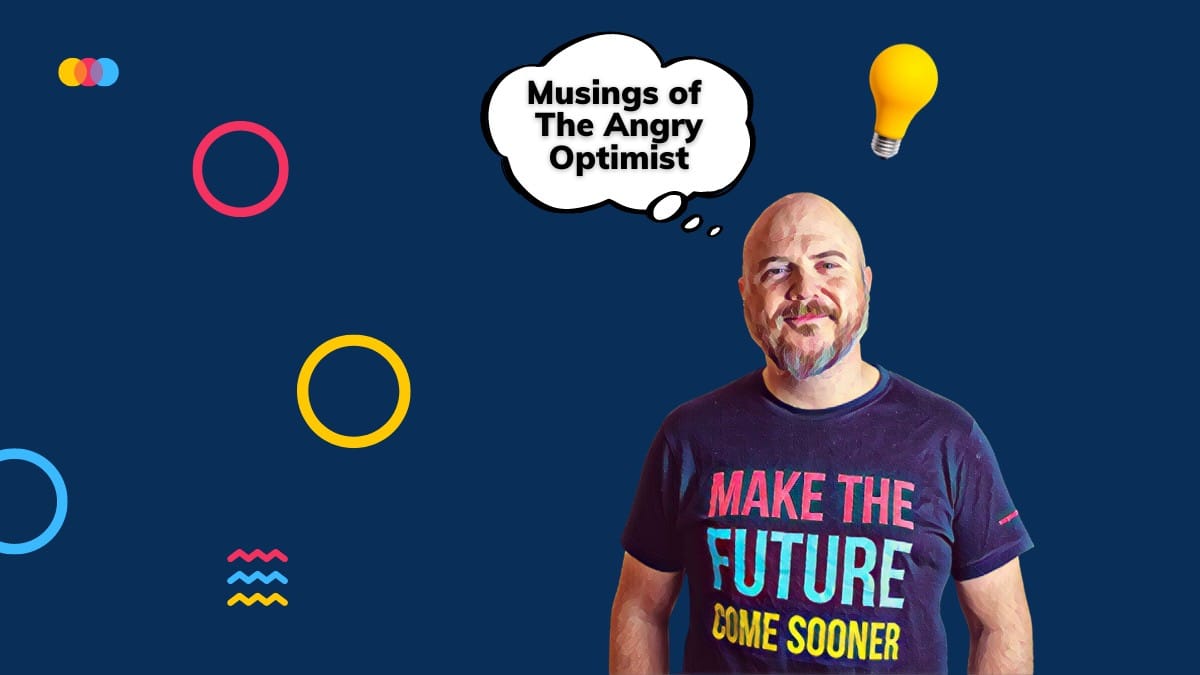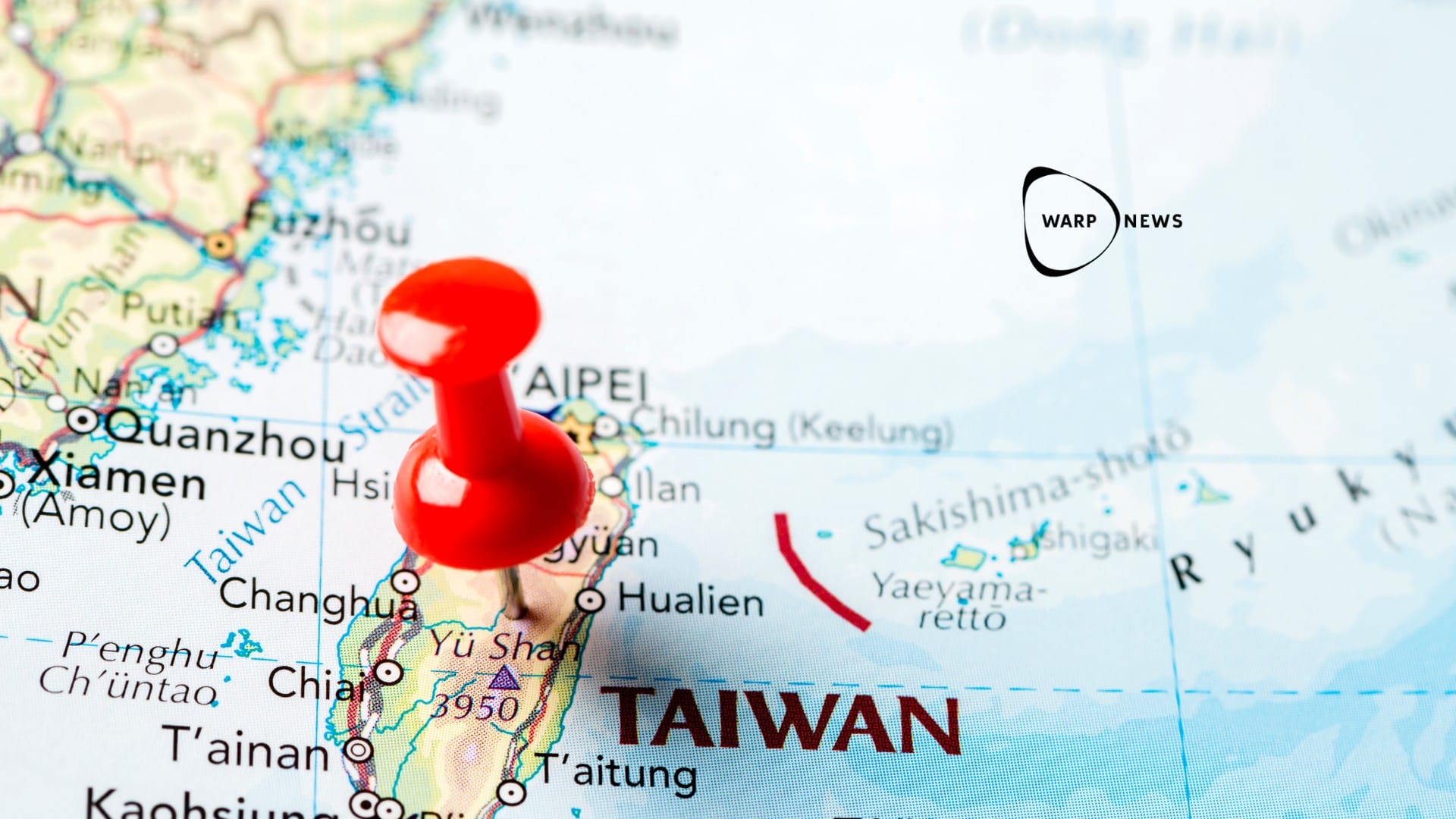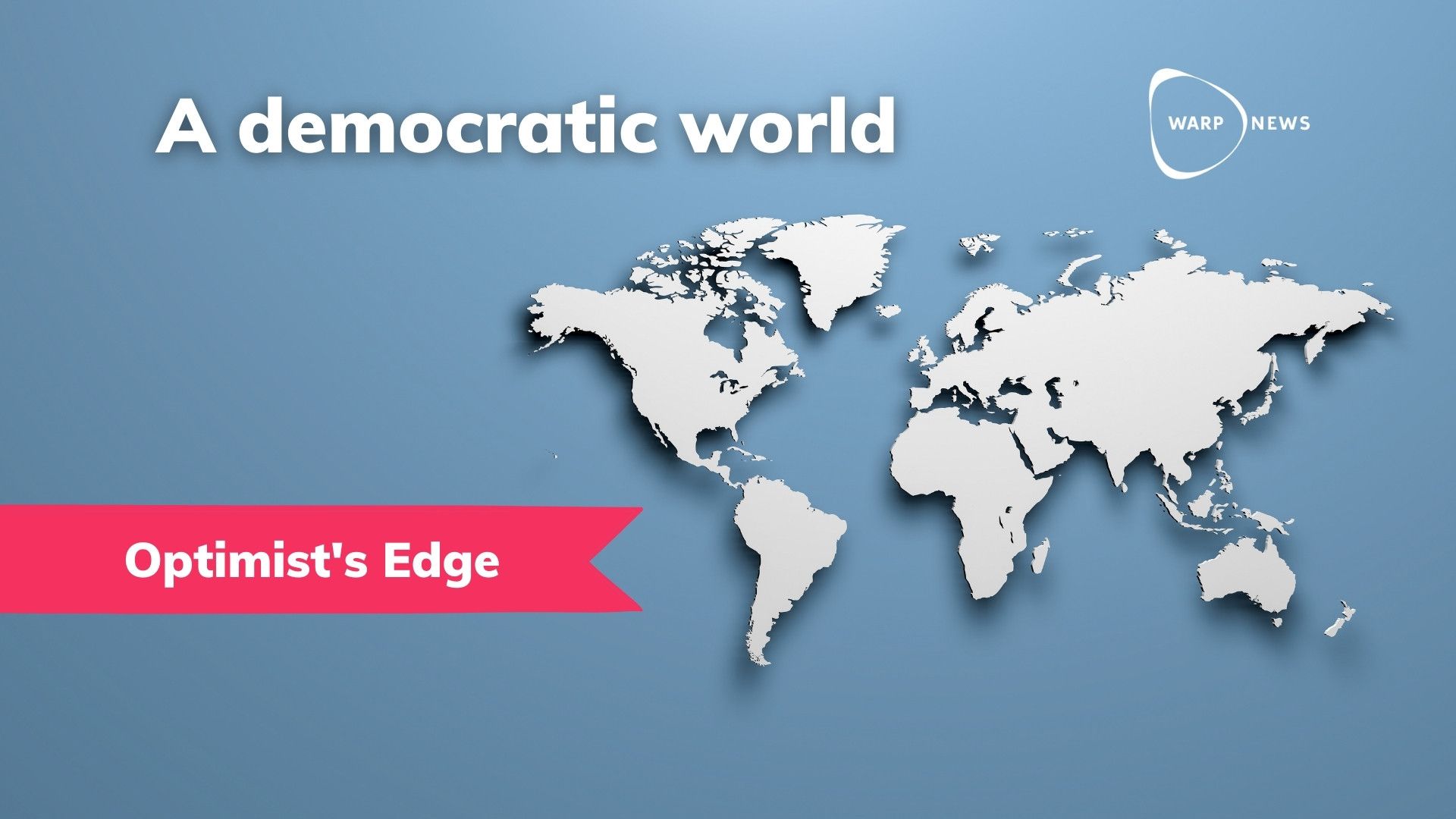
💡 Optimist’s Edge: The hack to solve all of humanity's major problems
If all people lived in democracies the major problems of humanity would be solved or be dramatically smaller.
Share this story!
📉 What people think
Over 90 percent of people say freedom of speech, fair elections, and equal rights are important. People worldwide have faith in democracy, according to Democracy Perception Index from the Alliance of Democracies.
A record number across the 53 countries participating in the survey, say that democracy is important to have in their country (84 percent).
When it comes to key components of democracy, the results are even clearer: over 90 percent say freedom of speech, fair elections, and equal rights are important to have in their country - a similar result in both democratic and non-democratic countries.
📈 Here are the facts
Billions and billions of dollars are being poured into solving some of humanity's major problems. Like extreme poverty, lack of education, starvation, and access to health care. Instead of solving these problems one by one, there is a hack to solve or dramatically reduce them all: Democracy.
- There is no extreme poverty or starvation in democratic countries, and access to education and health care is one hundred percent, at least in older democracies. Younger ones are getting there fast.
- Citizens in democracies live longer, healthier, and richer lives. Life in a democracy is way better than in an authoritarian country.
- Since democracies don't go to war against each other, a fully democratic world would be a world without wars.
- If everyone lived in democracies most of humanity's major problems wouldn't exist or be dramatically smaller.
The prosperity of democracies vs autocracies
The Freedom and Prosperity Indexes by the Atlantic Council show a strong connection between democracy and a good life. Of all the countries in the world rated Prosperous, all except two also rank as Free.
High values of Freedom are associated with high values of Prosperity, and low values of Freedom are associated with low values of Prosperity.
- All countries in the Free category fall in either the Prosperous category or in the upper half of the Mostly Prosperous category.
- No Free countries in 2021 are Mostly Unprosperous or Unprosperous.
- All Unfree countries, except one, in our Freedom Index rank in the Mostly Unprosperous or Unprosperous categories
- Citizens in Free countries are five times richer in per capita income ($36,142) than citizens in Mostly Free countries ($7,246) and six times richer than citizens in Mostly Unfree societies ($5,791).
- The average Health score jumps from 60.6 to 87.5 when moving from the Mostly Free to the Free category.
- People in Free countries are almost three times happier than people in Unfree countries.


Worth noting is that democracies also treat the environment better. The average Environment score drops by more than 50 percent when moving from the Free group to the Mostly Free group.
Correlation between Human Development Index and democracy
We can also see a strong connection between a high score on the United Nations Human Development Index and democracy.
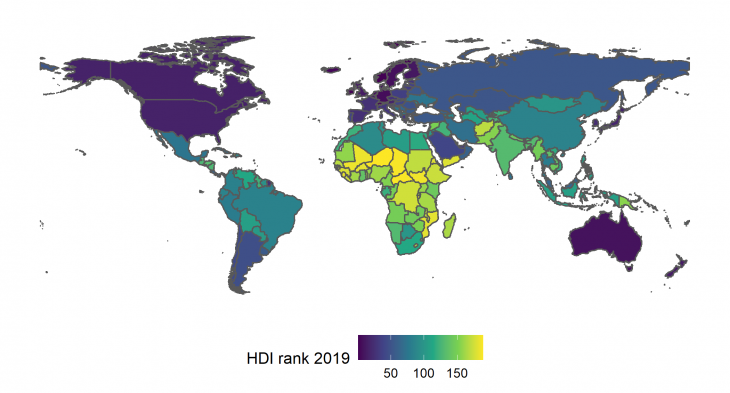
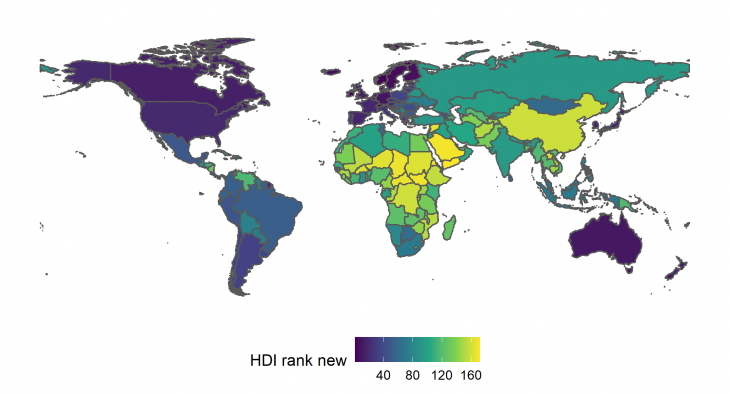
A democratic peace
Over the years several researchers have studied wars between nations and have confirmed that democracies don't go to war against each other.
We've covered this before in another Optimist's Edge:
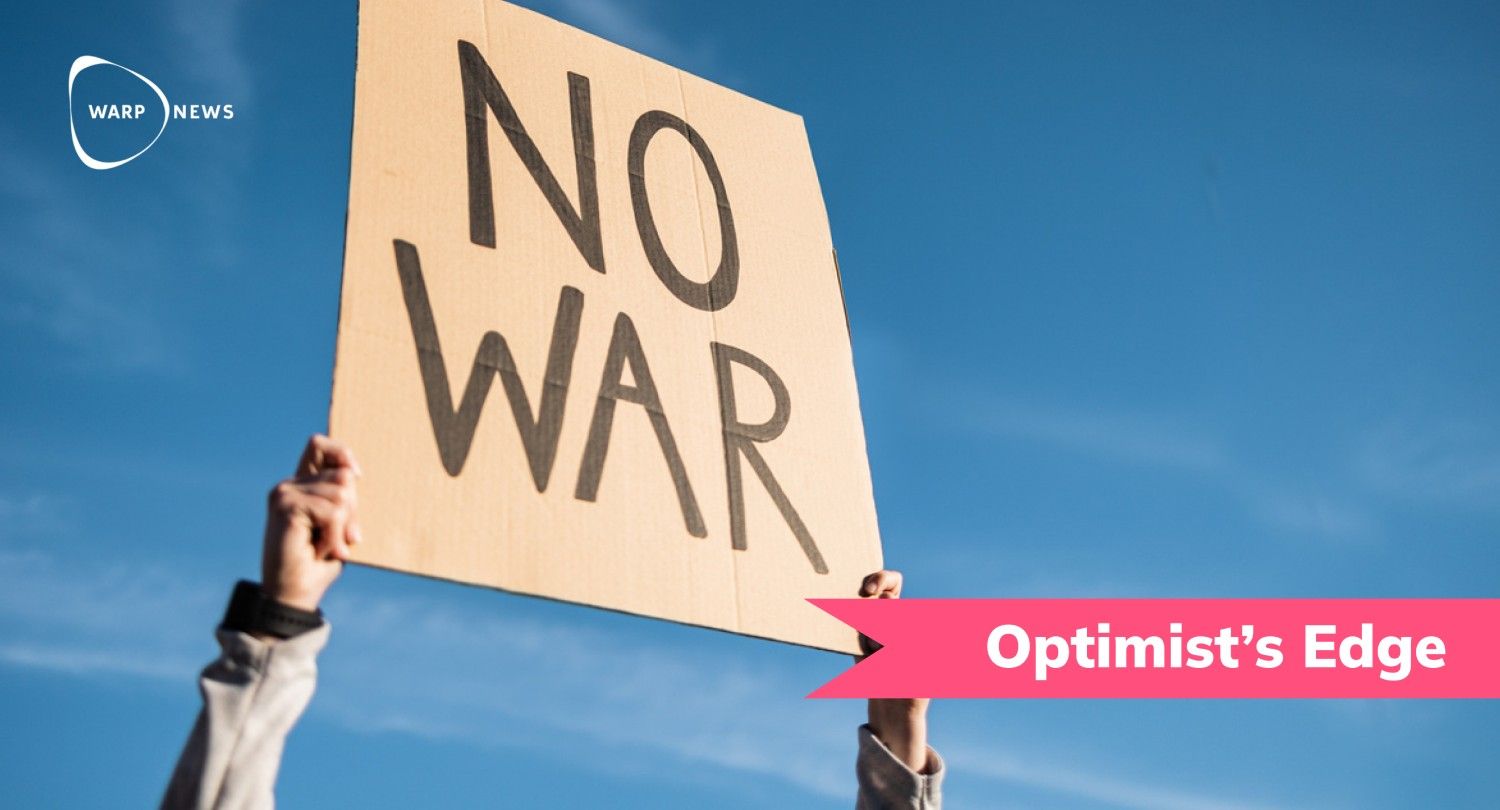
💡 Optimist's Edge
No extreme poverty, no starvation, no wars, better environment, and people would live longer, healthier, and richer lives.
Everyone would be able to read and write and, in general, be better educated.
Far fewer people would have to spend their life trying to survive, and they could instead work towards fulfilling their dreams and aspirations.
A new mindset for humanity
A world without war, starvation, and extreme poverty, and instead 8 billion well-educated, healthy and prosperous people would mean a new mindset for humanity.
When we don't have to worry about wars, and don't have to spend billions of dollars on weapons and the military, we can use our brains more to move humanity forward and take better care of this planet and each other.
Of course, there will still be problems left and we will worry about new things. But without the major problems that have been hounding us all the time we've spent on Earth, we are likely to look at the world in a new light. What that could bring we can only speculate and dream about.
👇 How to get the Optimist's Edge
How do we get there? Non-violent revolutions are the most effective.
- Many think that changing from authoritarian one-party or one-man rule to elected officials needs to be done by violence. Killing the dictator or throwing him in jail, means overpowering the military and secret police. Right?
- Not necessarily. Dr. Gene Sharp dedicated his life to studying revolutions. Using violence against a dictatorship's police and military is going against its strongest point.
- Instead, a resistance movement should challenge the dictatorship where it's weaker. Like Mahatma Gandhi and Martin Luther King did.
- Professor Erica Chenoweth and Dr. Maria Stephan compared 323 non-violent and violent resistance campaigns between 1900 and 2006. Non-violent campaigns were twice as likely to be successful than violent campaigns.
- Gene Sharp is the father of the color revolutions and gathered 198 methods (pdf) for non-violent movements. He also wrote several books on the topic. The most influential is From Dictatorship to Democracy: "Not, perhaps, since Machiavelli has a book had such impact in shifting the balance of power between the rulers and the ruled."
- With smartphones and the internet democracy activists have many new tools. The Alliance of Democracies Foundation every year supports a group of Tech Fellows. Check them out and support them by using their tools and services:
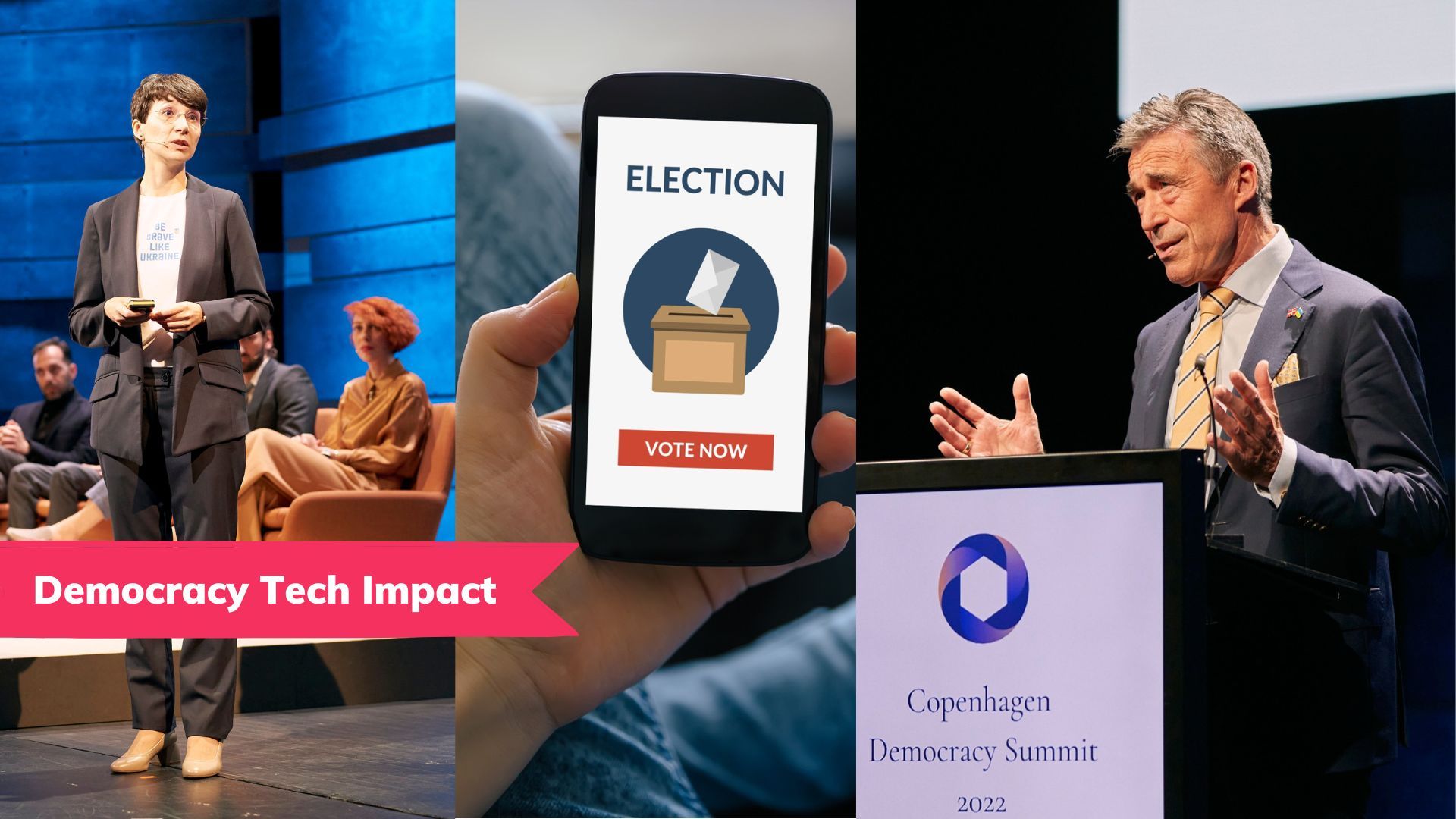
- CANVAS grew out of the Serbian resistance movement that toppled Slobodan Milosevic and has trained over 16 000 democracy activists around the world. You can support their work, apply to become an intern, join the Summer Academy or take one of their university courses.
- Donate money to the AE Institution, founded by Dr. Gene Sharp. AEI trains activists in nonviolent resistance and revolutions.
- Vote for politicians and political parties that fully support and work for democracy at home and abroad.
- Run for political office on a democracy platform.
❓ Want more? Discuss with others in our forum!
Please share your ideas and thoughts with other Premium Supporters in our Facebook group. Maybe you will find your future business partner or investor.
By becoming a premium supporter, you help in the creation and sharing of fact-based optimistic news all over the world.

